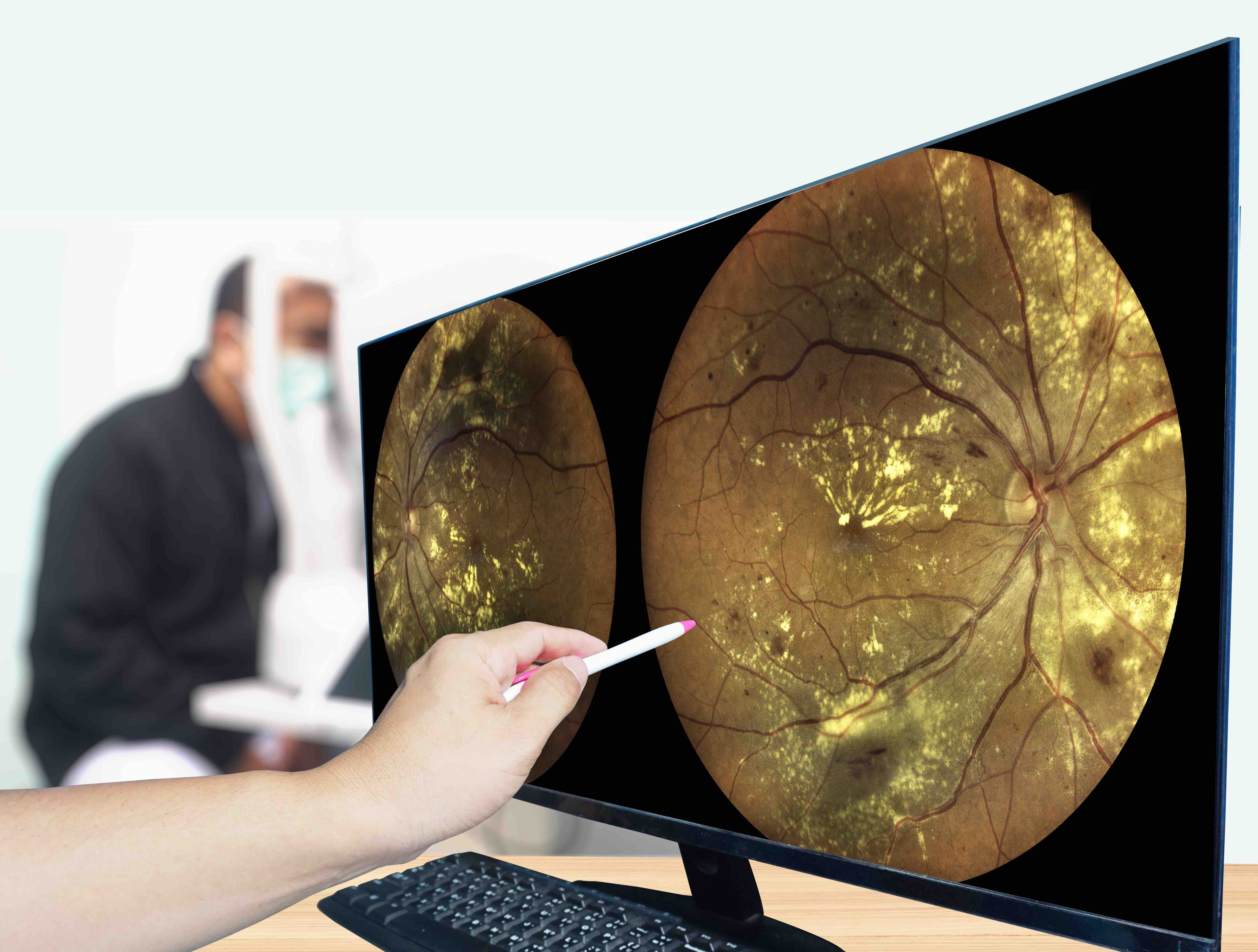Opinion
Video
Key Decision Makers and Contributors Involved In Bispecific Administration
Dr Haumschild leads a discussion highlighting key care team members shaping the bispecific therapy decision-making processes.
EP: 1.Conditions for Administering Bispecific Therapy
EP: 2.Navigating Barriers Which Inhibit Optimal Use of Bispecifics
EP: 3.Key Decision Makers and Contributors Involved In Bispecific Administration
EP: 4.Pain Points In Bispecific Operationalization
EP: 5.Risk Evaluation and Mitigation Strategies [REMS] Program Considerations For Bispecific Therapy
EP: 6.Optimizing Bispecific Use Through EMR Utilization
EP: 7.Best Practices For Uptake and Use of Bispecific Therapy
EP: 8.Achieving Seamless Care Transitions With Patients Receiving Bispecific Therapy
EP: 9.Intro to Bispecific Therapy: Implementation Essentials for Novice Institutions
EP: 10.Key Elements In Monitoring for Potential Adverse Events with Bispecific Antibodies
EP: 11.Protocol For Urgent and Around-the-Clock Bispecific Care
EP: 12.Obstacles to Optimal Transitions of Care Between Academic and Community Settings When Utilizing Bispecific Antibodies
EP: 13.Managed Care Considerations Within Bispecific Landscape
EP: 14.Payor-Provider Collaboration Driving Optimal Bispecific Therapy Strategies
EP: 15.Medication Assistance Programs Mitigating Financial Burden For Patients Receiving Bispecific Therapy
EP: 16.Bispecific Therapies: Current and Future Considerations
The following is a video synopsis/summary of a Peer Exchange involving Ryan Haumschild, PharmD, MS, MBA, CPEL; Kirollos Hanna, PharmD, BCPS, BCOP, FACCC; Sarah Rockwell, PharmD, BCOP; Melody Chang, RPh, MBA, BCOP; and Ryan Cain, PA-C.
Dr. Chang delves into the operational considerations and complexities associated with implementing bispecific antibodies within a healthcare organization. The discussion emphasizes the need for a comprehensive approach, acknowledging the diverse disease states such as lymphoma and myeloma. She raises key questions about who will be responsible for and involved in operationalizing bispecifics, highlighting the importance of defining roles and establishing effective workflows.
The focus extends beyond traditional medical roles, involving pharmacy, physicians, nursing, and various stakeholders. Dr. Chang addresses the challenges faced by community practices compared to academic centers, emphasizing the importance of resource management. Stakeholders, including providers, nursing managers, pharmacy technicians, and the procurement department, are outlined with their specific roles in the process.
Financial considerations are highlighted, emphasizing the significant cost associated with these drugs. The financial staff's crucial role is underscored, involving tasks such as confirming insurance authorizations, navigating reimbursement processes, and collaborating with payers for accurate and timely reimbursement.
The pivotal role of clinical pharmacists is explored, particularly the regional clinical pharmacist as an operational champion. Their involvement in developing guidelines, standard procedures, and protocols for adverse events like CRS [cytokine release syndrome] and ICANS [immune effector cell-associated neurotoxicity syndrome] are highlighted. Additionally, the collaboration with manufacturers for education and training, ongoing challenges, and efforts for continuous improvement are discussed. The use of newsletters, podcasts, and training programs reflects a proactive approach to disseminating information and engaging a wider audience.
Overall, Dr. Chang provides a comprehensive overview of the multifaceted operational considerations and collaborative efforts required to successfully implement bispecific antibodies, showcasing a thoughtful and inclusive approach within the healthcare setting.
Video synopsis is AI-generated and reviewed by AJMC editorial staff.




